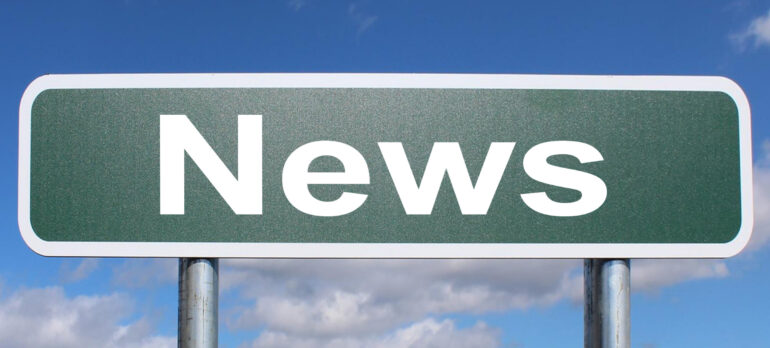
Election News Update: New NC Litigation, LA Zuckerbucks Ban, and More
It may be an “off” election year, but there is still a lot going on in the election world.
In North Carolina, several lawsuits have been filed relating to S.B. 747 which strengthens the state’s election laws. The law, which covers a variety of issues, was enacted after the North Carolina General Assembly overrode Governor Roy Cooper’s veto of the legislation.
The first suit was filed by state and national Democrat Party plaintiffs against the State Board of Elections. The Carolina Journal reported:
The suit seeks an injunction blocking elections officials from: “(1) requiring same-day registrants to produce documentation that other registrants do not need to produce, (2) denying a same-day registrant’s application to register without providing that individual with sufficient notice and an opportunity to be heard, (3) rejecting a same-day registrant’s application to register based on the return of a single notice by the U.S. Postal Service as undeliverable, (4) refusing to include in the official vote totals any absentee ballots that are postmarked by election day and received after 7:30 p.m. on election day but before 5:00 p.m. three days after election day, (5) applying different voting-registration standards, practices, or procedures to different groups of individuals in the same county, (6) failing to provide a free access system by which same-day registrants can track their retrievable ballots, and/or (7) permitting poll observers to intimidate, threaten, or coerce or to attempt to intimidate, threaten, or coerce voters.”
A second suit filed on the same day by student voters and several voter interest groups focuses the complaint on the law’s “undeliverable mail provision.” (#3 above)
Lastly, Governor Roy Cooper is challenging the General Assembly’s passage of S.B. 749 in court after his veto was also overridden. NC Newsline explained:
As it is now, governors appoint all five state board members based on recommendations from the major parties. The governor’s party has three seats. Under the new law, the state board would grow to eight members. Republican legislative leaders would appoint four members and Democratic leaders would appoint four.
Republicans said the evenly-split board would force bipartisan cooperation. Opponents said it will lead to gridlock and reduced early voting access.
County elections boards would have four members: two appointed by Republican legislative leaders and two appointed by their Democratic counterparts.
Both of these laws would increase the integrity of elections in North Carolina, by strengthening election procedures and by making them seem more impartial. As Republicans seeking intervention in the challenge to S.B. 747 stated:
The way to inspire confidence in American elections—and their outcomes—is to apply rules that are clear and fair to all eligible voters, candidates, and political groups. Toward that end, the North Carolina General Assembly recently passed S.B. 747, which revises the State’s election code to provide appropriate safeguards and transparency while still offering voters ample opportunities to cast a ballot.
In Louisiana, voters have officially enacted a ban on private funding for elections, becoming the first state to do so via constitutional amendment. The Federalist reported:
Passed by nearly two-thirds (72.6 percent) of voters during the state’s Saturday elections, the new amendment to Louisiana’s constitution stipulates that “[n]o funds, goods, or services donated by a foreign government or a nongovernmental source shall be used to conduct elections unless provided for in the election code and subject to restrictions provided by general law.” The proposal’s passage makes Louisiana the 26th state to ban or restrict the use of private money in elections and the first to ban the practice via the constitutional amendment process. . .
Louisiana’s new constitutional amendment officially bars the use of “Zuckbucks,” which were used to alter election administration during the 2020 election. In that contest, nonprofits such as the Center for Tech and Civic Life (CTCL) received hundreds of millions of dollars from Meta CEO Mark Zuckerberg.
These “Zuckbucks” were poured into local election offices in battleground states around the country to change how elections were administered; among other things, this was done by expanding unsupervised election protocols like mail-in voting and the use of ballot drop boxes.
Finally, Election Day is Tuesday, November 7. There are a variety of important election law measures on the ballot across the country. Some examples include:
- Minnetonka, Minnesota voters have the opportunity to repeal ranked-choice voting.
- Maine voters have the ability to ban Zuckerbucks, amend petition collection rules, clarify rules surround the right to vote for people who are under guardianship due to mental illness.

